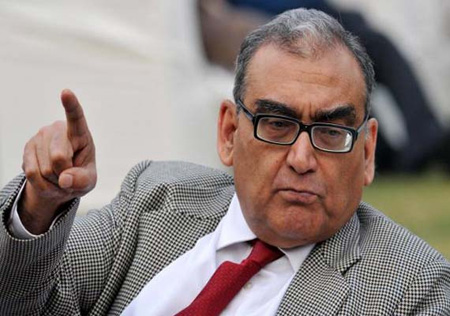
Jabalpur (MP), Jan 12: Press Council of India (PCI) chairman Justice Markanday Katju today released a report on Gujarat polls which claimed that the malpractice of paid news was noticed on a large-scale in the recently held elections.
Releasing the report before the media here, Katju said that the team has found large-scale practice of paid news, both in print and electronic media, in the recent Gujarat Assembly elections.
The PCI chairman was here to take part in a lecture series organised by noted lawyer Vivek Tankha.
After the Election Commission received the reports of paid news during Himachal Assembly polls, a fact-finding committee, led by Rajiv Ranjan, was constituted to keep a watch on the Gujarat elections.
The committee submitted its report today stating that the malpractice of paid news had taken place in both print and electronic media on a large-scale, Katju said.
The report will be placed before the PCI committee. After taking a unanimous decision on the issue, recommendations to nullify election of candidates indulged in such practices will be made to the Election Commission, Katju said.
In a similar case in Uttar Pradesh, the EC has nullified an election of a legislator in that state, he added.
The PCI chairman also insisted on bringing electronic media under the ambit of Press Council besides pressing for self-regulation in the media.





Comments
Add new comment